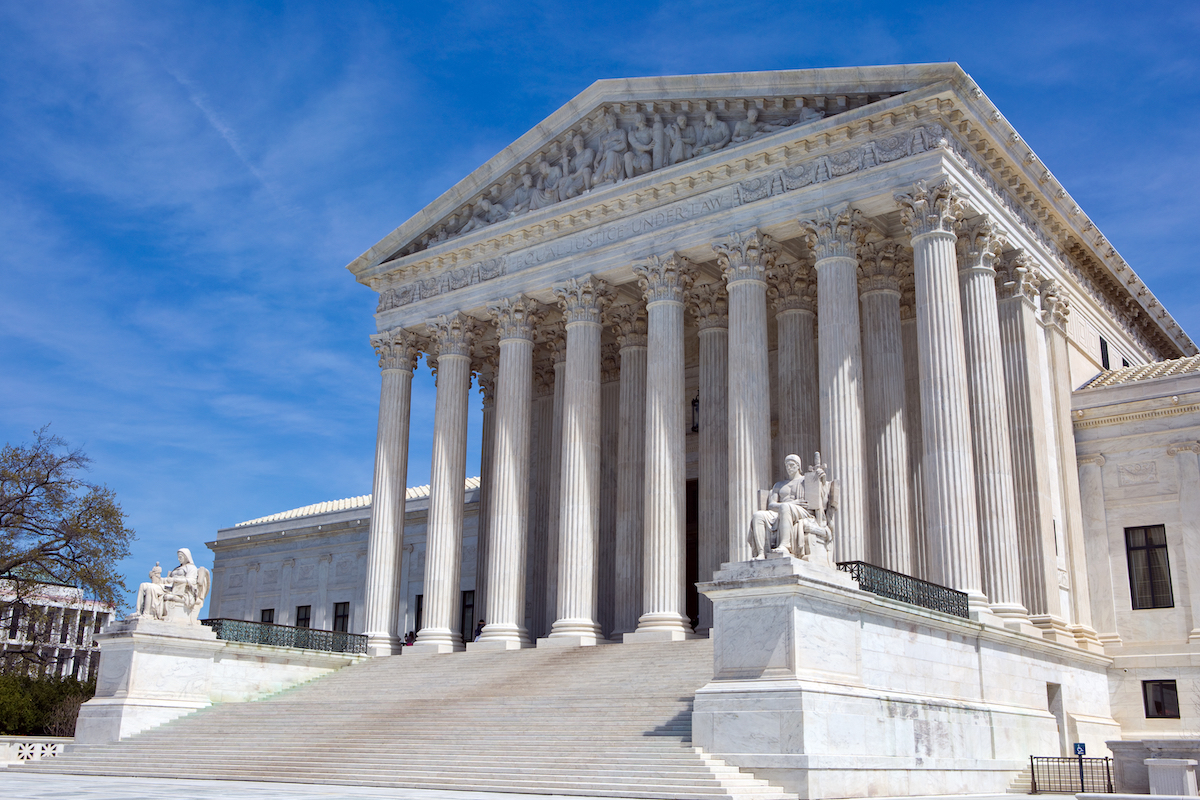U.S. Supreme Court Sides with Atlantic Coast Pipeline in Appalachian Trail Dispute
WASHINGTON (Reuters) — Ruling against environmentalists, the U.S. Supreme Court on Monday decided that the federal government has the authority to allow the proposed $7.5 billion Atlantic Coast natural gas pipeline to cross under the Appalachian Trail in rural Virginia.
The 7-2 ruling was a victory for Dominion Energy and President Donald Trump's administration, both of which appealed a lower court ruling that halted construction of the 600-mile (965-km) pipeline, which would run from West Virginia to North Carolina.
The Supreme Court's ruling will also affect the proposed 300-mile (480-km) Mountain Valley Pipeline, which would run from West Virginia to southern Virginia and crosses the trail in the Jefferson National Forest. The pipeline is almost finished but construction was halted as a result of the ruling in the Atlantic Coast pipeline case before the crossing under the trail was completed.
The decision, written by conservative Justice Clarence Thomas, removes one of several obstacles facing the project. Two liberal justices, Sonia Sotomayor and Elena Kagan, dissented.
"Today's decision is an affirmation for the Atlantic Coast Pipeline and communities across our region that are depending on it for jobs, economic growth and clean energy. We look forward to resolving the remaining project permits," Dominion said in a statement.
Environmental groups including the Sierra Club and Southern Environmental Law Center had sued to stop the pipeline after the U.S. Forest Service gave the green light for the project to run through the George Washington National Forest. Dominion Energy leads a consortium of companies in the project that also includes Duke Energy Corp.
After a protracted application process involving multiple federal agencies, the Forest Service granted the consortium a right of way under the trail in 2018.
The Richmond-based 4th U.S. Circuit Court of Appeals found in 2018 that the Forest Service lacked the authority to grant a right of way for the pipeline where it crosses the Appalachian Trail in the national forest land.
In Monday's ruling, the Supreme Court agreed with the Trump administration that the Forest Service retained the authority to approve rights of way across the trail.
The park service's authority over the trail "did not transform the land over which the trail passes into land within the National Park System," Thomas wrote.
The proposed pipeline would be 600 feet (180 meters) below a section of the 2,200-mile (3,500 km) trail, which stretches from Maine to Georgia.
Related News
Related News

- Kinder Morgan Proposes 290-Mile Gas Pipeline Expansion Spanning Three States
- Enbridge Plans 86-Mile Pipeline Expansion, Bringing 850 Workers to Northern B.C.
- Intensity, Rainbow Energy to Build 344-Mile Gas Pipeline Across North Dakota
- U.S. Moves to Block Enterprise Products’ Exports to China Over Security Risk
- Court Ruling Allows MVP’s $500 Million Southgate Pipeline Extension to Proceed
- U.S. Pipeline Expansion to Add 99 Bcf/d, Mostly for LNG Export, Report Finds
- A Systematic Approach To Ensuring Pipeline Integrity
- 275-Mile Texas-to-Oklahoma Gas Pipeline Enters Open Season
- LNG Canada Start-Up Fails to Lift Gas Prices Amid Supply Glut
- TC Energy’s North Baja Pipeline Expansion Brings Mexico Closer to LNG Exports





Comments